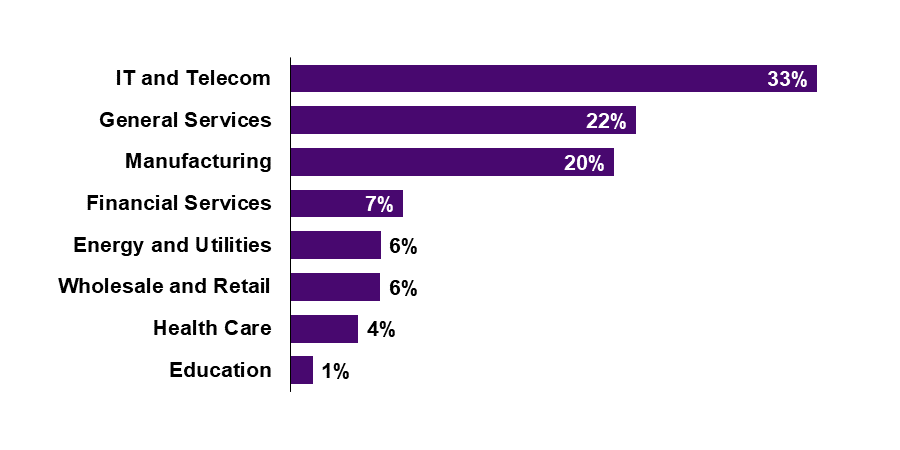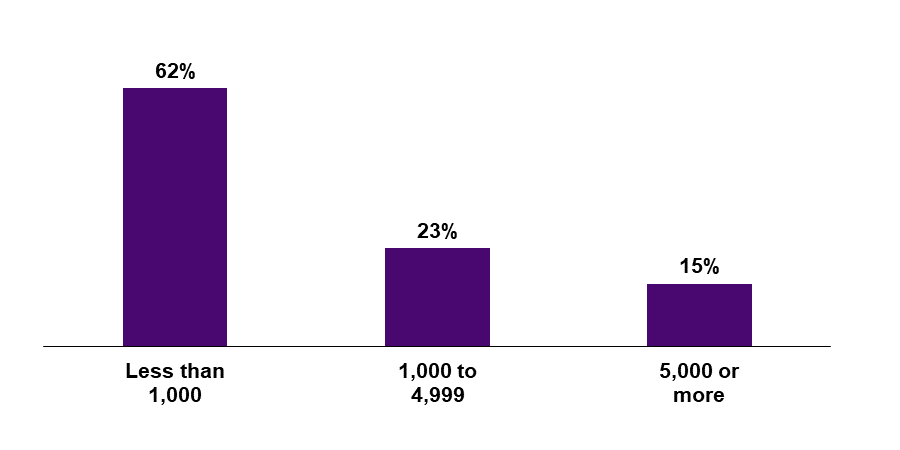Highlights of the Wellbeing Programmes India survey
Organisations with higher levels of wellbeing achieve and sustain better business outcomes. Developing a culture of wellbeing can be a competitive advantage in attracting, engaging and retaining talent by encouraging employees to thrive and be their best selves. WTW partners with organisations to strengthen business results by developing a strategy that focuses on employee needs and wants, while connecting to the organisation’s vision, values and purpose. We help design and deliver wellbeing solutions that integrate with total rewards and enhance the overall employee experience.
WTW conducted the Wellbeing Programmes India survey between October and November 2022, polling 210 employers from India. The survey highlights latest trends and best practices around managing holistic employee wellbeing – physical, emotional, financial and social.


Please download the highlights of the survey by filling the form on this webpage.